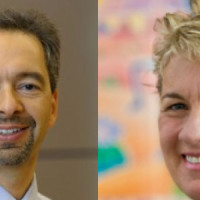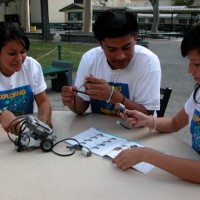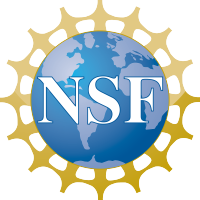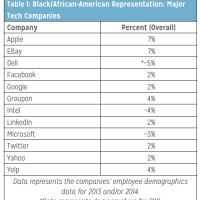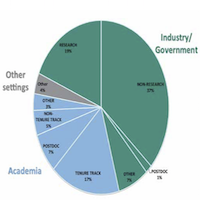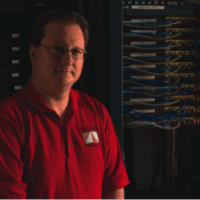
Cache or Scratchpad? Why Choose?
The following is a special contribution to this blog by CCC Executive Council Member Mark D. Hill of the University of Wisconsin-Madison. Full disclosure: He had the pleasure of working with one of the authors of the discussed paper—Sarita Adve—on her 1993 Ph.D.
Great conundrums include:
* Will I drink coffee or tea?
* Shall I have cake or ice cream?
* Should I use a cache or scratchpad?
While most readers will not face the last choice, it is important for saving time and energy in the devices we love by keeping frequently used information close at hand.


